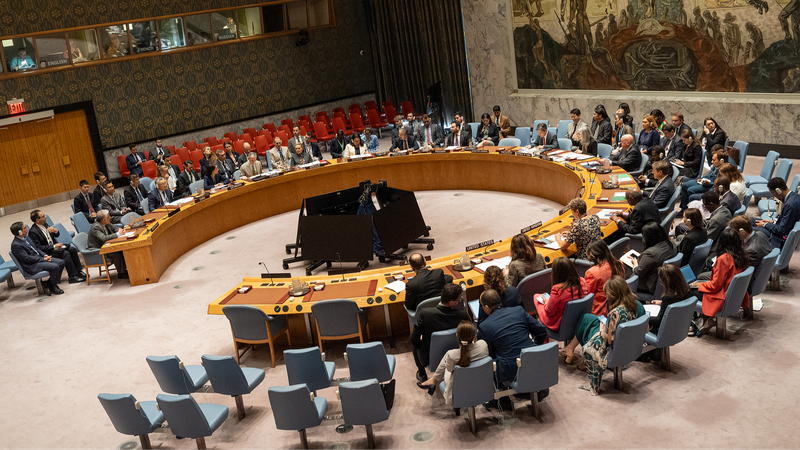In a direct response to Friday’s UN Security Council vote, Iran’s Supreme National Security Council (SNSC) declared on Saturday that it will “effectively” suspend cooperation with the International Atomic Energy Agency (IAEA). The council was reacting to a failed attempt in the UNSC to extend sanctions relief under the 2015 nuclear deal, officially known as the Joint Comprehensive Plan of Action (JCPOA).
President Masoud Pezeshkian chaired the SNSC meeting, where members criticized France, Britain, and Germany — collectively the E3 — for activating the deal’s “snapback” mechanism. This clause allows UN sanctions to return within a 30-day window if a signatory is deemed non-compliant with nuclear terms. With the snapback set to reinstate sanctions later this month, the stakes for Iran’s economy and energy exports are rising.
Tehran has maintained that it has cooperated with the IAEA and put forward proposals to address nuclear concerns. Yet, the SNSC’s statement makes clear that such cooperation will be on hold, shifting the diplomatic landscape. The council has tasked the Iranian Foreign Ministry with continuing consultations to safeguard national interests, indicating Iran’s readiness to pursue alternative alliances and trade partnerships.
For young global citizens tracking this story, the move underscores how geopolitical decisions unfold on a world stage. Energy markets may feel the impact, as Iran is a key oil producer. Tech and investment trends could also shift, with businesses reevaluating risks in the region. Meanwhile, thought leaders and changemakers will debate the balance between sanctions as a pressure tool and dialogue as a path to nonproliferation.
The big question now: will this suspension spark renewed diplomacy or a deeper freeze? As the countdown to snapback nears its end, the international community, from digital nomads to policy wonks, will watch for the next twist in this high-stakes nuclear saga.
Reference(s):
Iran to halt cooperation with IAEA after UNSC fails to lift sanctions
cgtn.com



